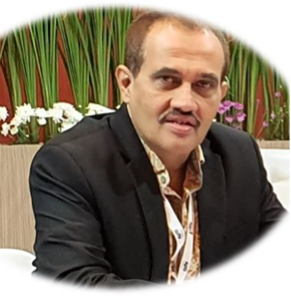Indonesia has been grappling with complex economic and cultural interdependencies that have, for many generations, seriously hampered its economic and social growth. This unfortunate situation has been brought about by the largely colonially imposed Further Education Framework, which is now widely regarded as being culturally unfit for purpose. Government records show that there have been many failed attempts to redress this issue, but these many well-intentioned International aid educational interventions have been unable to engage with what seems, at times, to be an insurmountable plethora of challenges. A new vision of emancipated learning, known as Merdeka Belajar Kampus Merdeka (MBKM), is aimed at crafting a more de-centralised, localised and industry-based response to skills development in Indonesia. However, it must be noted that MBKM’s acceptance has not been universal, with many stakeholders questioning the policy’s implementation, motives and ongoing sustainability. This paper aims to closely analyse how MBKM has been accepted up to this point and examine its current impact across the Indonesian FET sector. It is anticipated that this analysis will allow a better understanding of the impacts of the implementation of MBKM, and clearly define the potential challenges and opportunities which will be faced by educational institutions as they go about implementing this radically different policy initiative.

Abdullah Helmy
State Polytechnic of Malang
Indonesia
Issue 1, Issue 5
Field of expertise/main research projects:
Field of expertise/main research projects Vocational Education and Training Other Institution: Victoria University Melbourne FP Campus, Ballarat Road, 3011, Melbourne Australia http://www.vu.edu.au/

